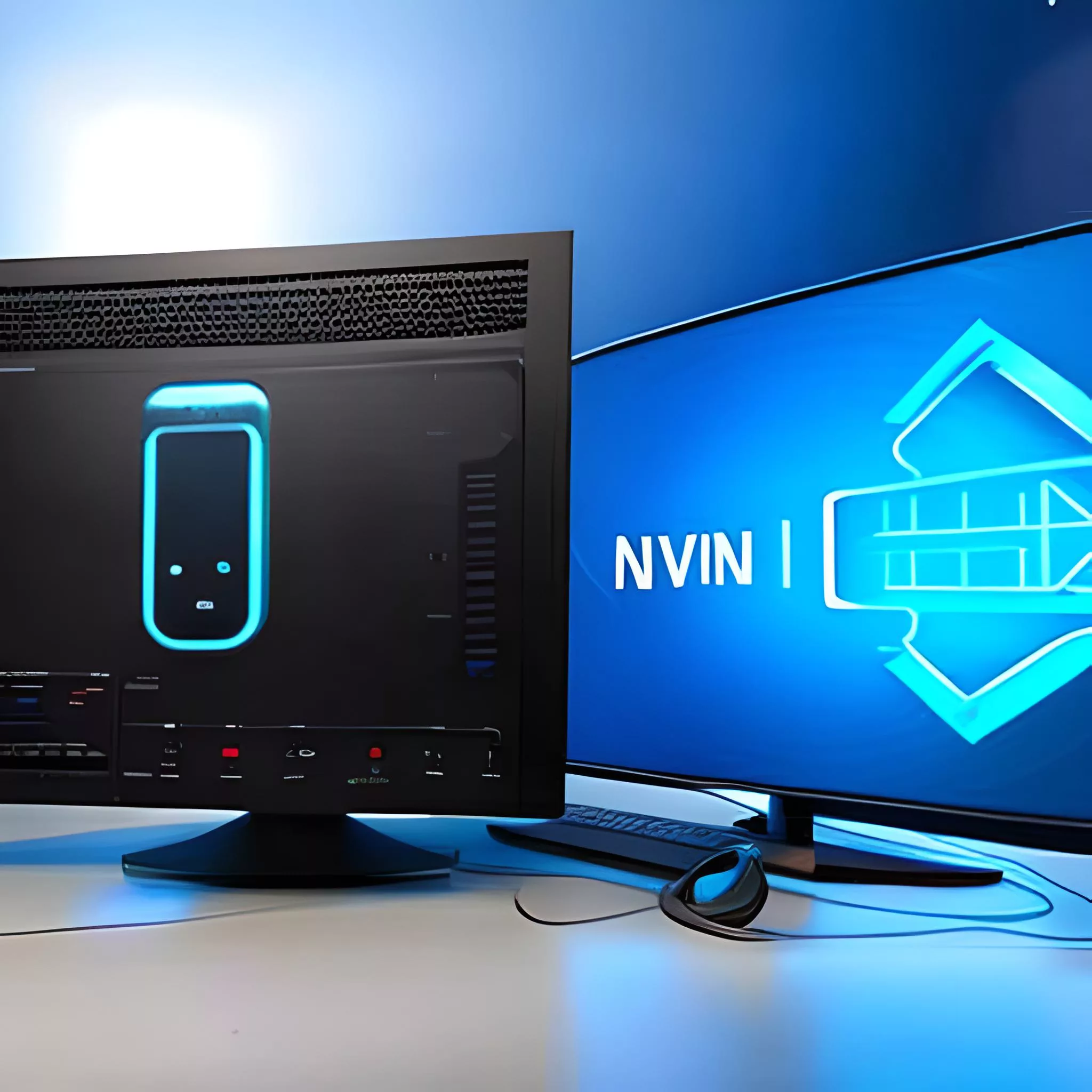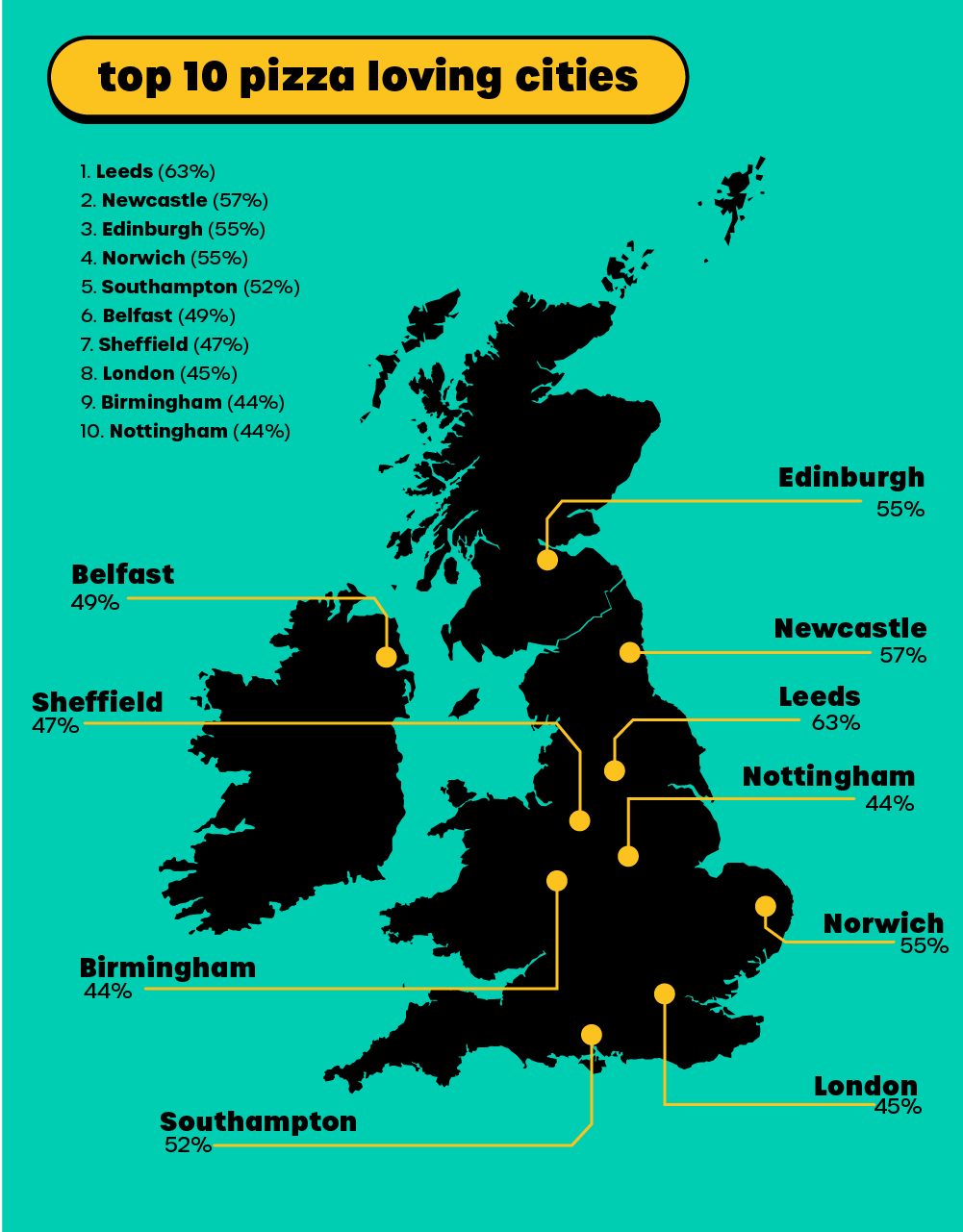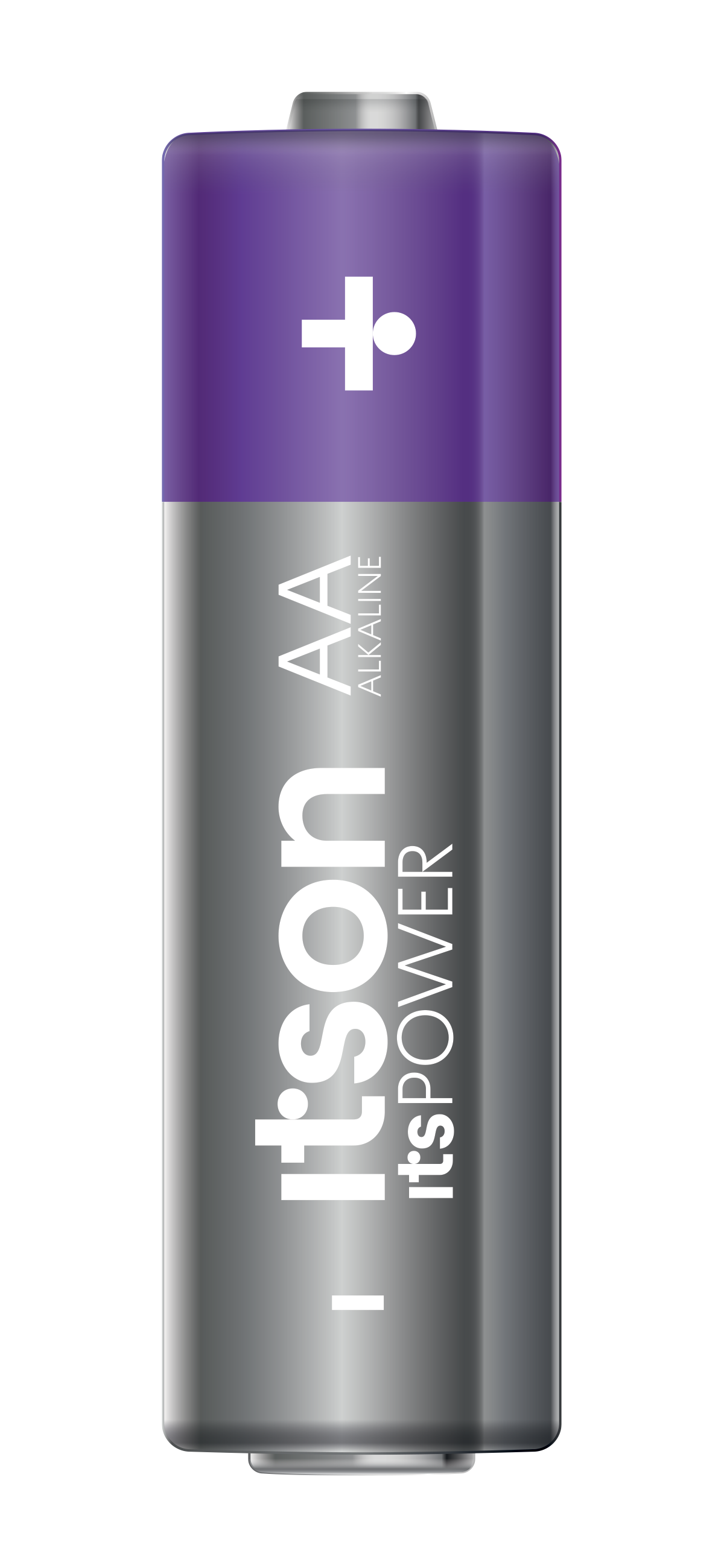A VPN is a secure and private network that connects you to the internet through an encrypted tunnel. It masks your IP address and encrypts your online activities, making it difficult for third parties to track your online activities or steal your data. However, not all VPNs use the same protocols, and each protocol has its strengths and weaknesses. In this article, we will delve into the different VPN protocols available and help you choose the best protocol for your online activities.
What are VPN Protocols?
VPN protocols are a set of rules that govern the way data is transmitted between your device and the VPN server. They determine the level of encryption, the type of tunneling, and the level of security provided. The VPN protocol you choose determines the level of security and speed provided, as well as the compatibility with different devices and operating systems.
Common VPN Protocols
PPTP
Point-to-Point Tunneling Protocol (PPTP) is one of the oldest and most widely used VPN protocols. It is easy to set up and is supported by most operating systems. However, PPTP is not considered secure due to its weak encryption and vulnerability to cyber attacks.
L2TP/IPSec
Layer 2 Tunneling Protocol (L2TP) is a tunneling protocol that is often combined with the Internet Protocol Security (IPSec) protocol to enhance security. L2TP/IPSec provides strong encryption and is compatible with most operating systems. However, it is slower than other protocols due to its double encryption.
OpenVPN
OpenVPN is an open-source VPN protocol that is considered the most secure and versatile protocol available. It uses high-level encryption and can bypass firewalls and other restrictions. OpenVPN is compatible with most operating systems and devices, but it requires third-party software to set up.
SSTP
Secure Socket Tunneling Protocol (SSTP) is a VPN protocol developed by Microsoft. It uses SSL/TLS encryption and is considered secure and stable. SSTP is compatible with most operating systems, but it is not as widely supported as other protocols.
IKEv2
Internet Key Exchange version 2 (IKEv2) is a tunneling protocol developed by Microsoft and Cisco. It provides high-level security and is known for its stability and speed. IKEv2 is compatible with most operating systems, but it is not as widely supported as other protocols.
Comparison of VPN Protocols
When choosing a VPN protocol, there are several factors to consider, including security, speed, compatibility, ease of use, stability, and the level of control and customization available. Let’s compare the different VPN protocols based on these factors:
Security
The level of security provided by a VPN protocol is a crucial factor to consider. OpenVPN is considered the most secure protocol due to its high-level encryption and use of SSL/TLS certificates. L2TP/IPSec and IKEv2 also provide strong security, but they are vulnerable to some forms of cyber attacks. PPTP and SSTP, on the other hand, are less secure due to their weaker encryption and known vulnerabilities.
Speed
VPN protocols can also affect your internet speed, and some protocols may be slower than others due to their encryption and tunneling methods. PPTP is the fastest protocol, but it is also the least secure. OpenVPN, L2TP/IPSec, and IKEv2 are slightly slower but offer better security and stability. SSTP is the slowest protocol due to its use of SSL/TLS encryption.
Compatibility
The compatibility of a VPN protocol is another essential factor to consider. PPTP is supported by most operating systems and devices, making it a popular choice. L2TP/IPSec and IKEv2 are also widely supported, but they may require additional software or configuration. OpenVPN is highly versatile but may require third-party software to set up. SSTP, on the other hand, is only supported by Windows devices.
Ease of use
Ease of use is another factor to consider when choosing a VPN protocol. PPTP is the easiest to set up and use, while OpenVPN and L2TP/IPSec require third-party software. SSTP and IKEv2 are relatively easy to set up but are not as widely supported as other protocols.
Stability
Stability is the final factor to consider when choosing a VPN protocol. OpenVPN and IKEv2 are known for their stability, while L2TP/IPSec and SSTP can be unstable due to their double encryption. PPTP is the least stable protocol due to its vulnerability to cyber attacks.
Which VPN Protocol is Best?
There is no one-size-fits-all answer to this question as the best VPN protocol depends on your specific needs. If you prioritize security, OpenVPN or L2TP/IPSec would be the best choice. If speed is your priority, go for IKEv2 or OpenVPN. If compatibility is your priority, choose OpenVPN or IKEv2. If ease of use is your priority, go for PPTP, while if stability is your priority, choose OpenVPN or IKEv2.
How to Choose the Right VPN Protocol
To choose the right VPN protocol, you should consider your specific needs and priorities. If you need a VPN for streaming, prioritize speed and compatibility. If you need a VPN for online banking or other sensitive activities, prioritize security. If you need a VPN for casual browsing, prioritize ease of use and stability. It’s also essential to consider the devices and operating systems you’ll be using the VPN on and choose a protocol that is compatible with those systems.
Conclusion
In conclusion, VPN protocols are a critical factor to consider when choosing a VPN. The best protocol for you depends on your specific needs and priorities. OpenVPN is the most secure and versatile protocol, while IKEv2 and PPTP are known for their speed and ease of use, respectively. L2TP/IPSec and SSTP are also good options, depending on your needs. With this information, you can now make an informed decision and choose the best VPN protocol for your online activities.
FAQs
- Are all VPN protocols equally secure? No, different VPN protocols provide different levels of security. OpenVPN and L2TP/IPSec are considered the most secure protocols.
- What is the fastest VPN protocol? OpenVPN and IKEv2 are known for their speed.
- Can I change the VPN protocol? Yes, most VPNs allow you to change the protocol. Check your VPN provider’s instructions for how to do this.
- Are there any free VPN protocols? Most free VPNs use PPTP, which is not considered secure





















